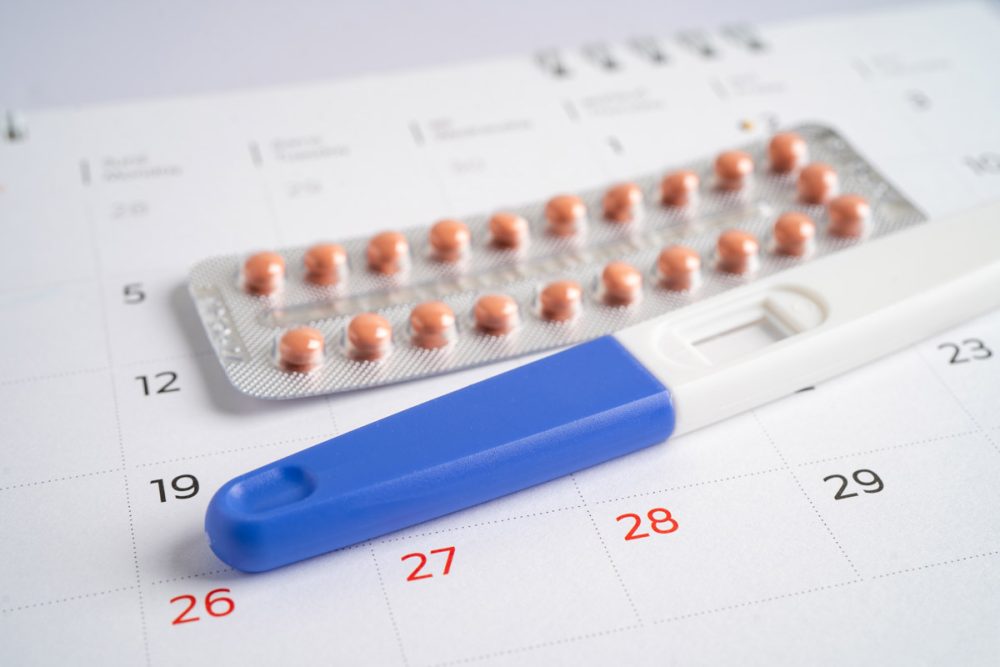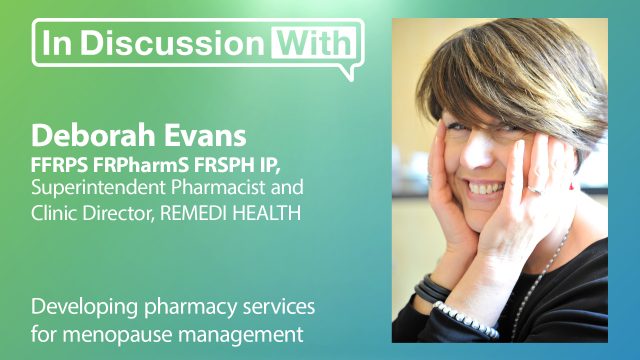Advertisment
Cheap and safe hormone treatment shows promise for couples with unexplained infertility

A small study with couples experiencing unexplained infertility suggests that a hormone treatment could increase the chances of having a baby.
The trial, presented today (Monday) at the 39th annual meeting of the European Society of Human Reproduction and Embryology (ESHRE) [1], compared couples trying to conceive naturally with couples where the woman used a vaginal progesterone treatment during the second half of her menstrual cycle.
The researchers say a larger trial is now warranted but, given the treatment is safe and low-cost, it could ultimately benefit many people living with infertility around the world.
The study was presented by Dr Claudia Raperport, a researcher at Queen Mary University of London, (UK). It included 143 couples who had unexplained infertility, a diagnosis that affects around one-third of couples referred to fertility services.
All the participants used ovulation test kits to plan intercourse for three menstrual cycles. Half of the women were given treatment of 400 milligrams of progesterone via a twice-daily vaginal suppository for 14 days.
Among the women treated with progesterone, 11 out of 72 (15.3%) had babies. Among the women who were not treated, 5 out of 71 (7.0%) had babies. Although the birth rate was more than doubled with treatment, the small numbers mean that this could have happened by chance.
Among the women treated with progesterone who became pregnant, the rate of miscarriage was 20%, compared with 40% in the untreated group. Among women who took progesterone according to the treatment protocol (throughout the second half of their menstrual cycle and early pregnancy with no breaks), there were no miscarriages. Again, the numbers are too small for researchers to be sure these results did not happen by chance.
Vaginal progesterone has been safely used for over 30 years with minimal side effects alongside other fertility treatments such as IVF. The cost for three months of treatment would be around €200 or less.
Dr Raperport said: “The cost of progesterone is minimal compared to the cost of IVF and other fertility treatments. It also carries far less clinical risk, and physical and emotional burden for the couples involved.
“We need to do further research to prove these results in a larger group of people, but this trial suggests a potential treatment for couples with unexplained fertility. Given its safety and low price, there is no harm in offering this treatment in the meantime.”
It is well established that progesterone levels increase in the second half of the menstrual cycle to help prepare the lining of the womb to receive a fertilised egg. Women are usually offered a test to check the levels of progesterone in their blood. However, previous research in women experiencing infertility suggests that even when levels of progesterone are high in the blood, this does not always correspond with the changes to the womb lining that are needed for a fertilised egg to implant.
“It could be that treating women with vaginal progesterone is helping the womb to become more receptive to a fertilised egg,” she added.
The chair of ESHRE, Professor Carlos Calhaz-Jorge from the Northern Lisbon Hospital Centre and the Hospital de Santa Maria in Lisbon (Portugal), was not involved in this research. He said: “Lots of research has focused on using progesterone to prevent miscarriage once pregnancy has been established. This study indicates that progesterone could also be used from the time a woman ovulates to help a fertilised egg implant in the womb in cases of unexplained infertility. If it is proven in a larger study, this treatment could reduce miscarriage and increase the chances of having a baby for those couples with unexplained infertility. Given the low cost of this treatment, it has enormous potential to help some couples avoid more complex treatments, particularly those living in parts of the world where fertility treatments like IVF are unaffordable or unavailable.”
Dr Raperport is planning to run a second trial with more couples at several hospitals and is currently seeking funding for this project.
[1] Presentation no: O-023, “‘The PiNC Trial’: Progesterone in Natural Cycles for the treatment of unexplained infertility” presented by Claudia Raperport, Session 05: Trust the menstrual cycle – progesterone or not? Hall D4, 10.30 hrs CEST, Monday 26 June 2023.





